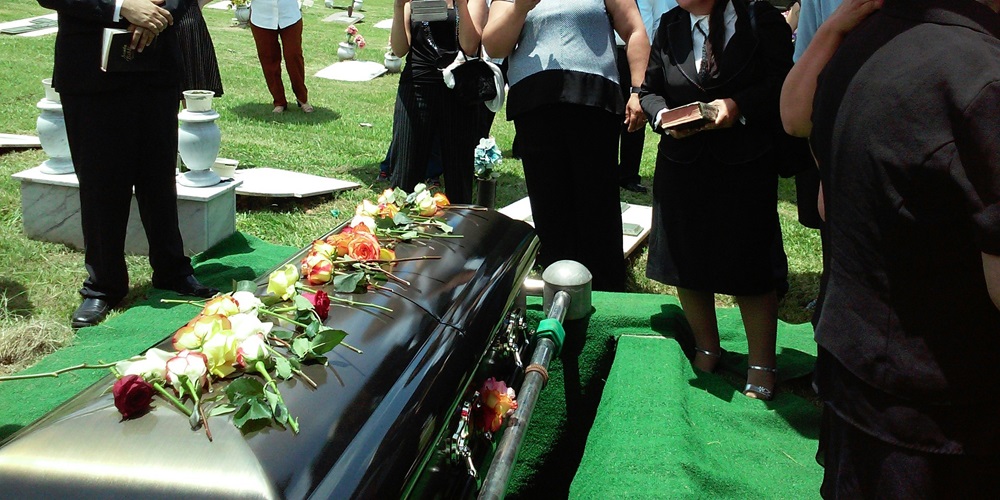Losing a loved one can be painful. Folks who run funeral homes help folks going through this pain. They plan services, care for bodies, and console sad families. It is an important job. This article explains how you can become a funeral home director.

The Role
Funeral directors handle many tasks when someone passes away. First, they move the body to their funeral home. Then they wash and dress it or cremate it if asked. Next, directors meet with the loved ones to discuss funeral arrangements. It includes picking caskets, flowers, and prayers for the service. Funeral directors also file permits and death certificates. They place obituary ads and organize places to host viewings or burials. They comfort grieving families and guide them through this sad time.
Skills You Need
Good funeral directors are kind, patient, and calm, helping others in crisis. They listen well and answer tough questions. Pay attention to detail when filling out legal forms. They can handle bodies and with respect. Some tasks are demanding, like lifting heavy caskets. But most skills involve working with upset people. Frequent hand-washing and vaccines protect you from contagious illnesses that those who died may have had.
Education Required
To Practice, you must study mortuary science or funeral service for about two years. Some states require bachelor’s degrees to get licensed. In school, you learn about embalming and preparing bodies for viewing, grief counseling to support families, industry laws and ethics, and business practices like budgeting and marketing. You also train hands-on with actual funeral home cases before you graduate.
Getting Licensed
All states need a funeral director license to practice. After finishing your mortuary science degree, you must pass the National Board Exam through the International Conference of Funeral Service Examining Boards. Many states also require you to take a second exam to show you know local laws and renew your funeral director license every few years by taking continued education classes.
Finding a Job
New funeral directors often start as apprentices at established funeral homes to gain experience assisting seasoned mentors. Entry-level workers wash and transport bodies, greet visitors, and drive hearses in funeral processions. With a few years’ experience, you can advance to full funeral director, making arrangements with clients and running operations. Some directors open their funeral home businesses after years of learning the ropes.
Pay and Outlook
The pay can be up to $58,000 per annum. Those managing big funeral homes or in significant cities earn much more. The job outlook looks good – the aging baby boomer population means the demand for more funeral services will rise. People who bring compassion helping folks mourn difficult losses provide essential community service with this career.
Conclusion
Becoming a licensed funeral home director requires proper education in mortuary science, funeral services, and hands-on practice. This profession is a meaningful calling if you are drawn to help grieving families handle final farewells. Those in the baby boom generation coming of age have made it a stable industry for decades.
If you think becoming a funeral director could be your purpose, contact professionals in your town to explore shadow days on the job. See if combining business operations skills with grief counseling aligns with your temperament. By learning more, you can make an informed choice on whether this uncommon but vital service suits your career path.


